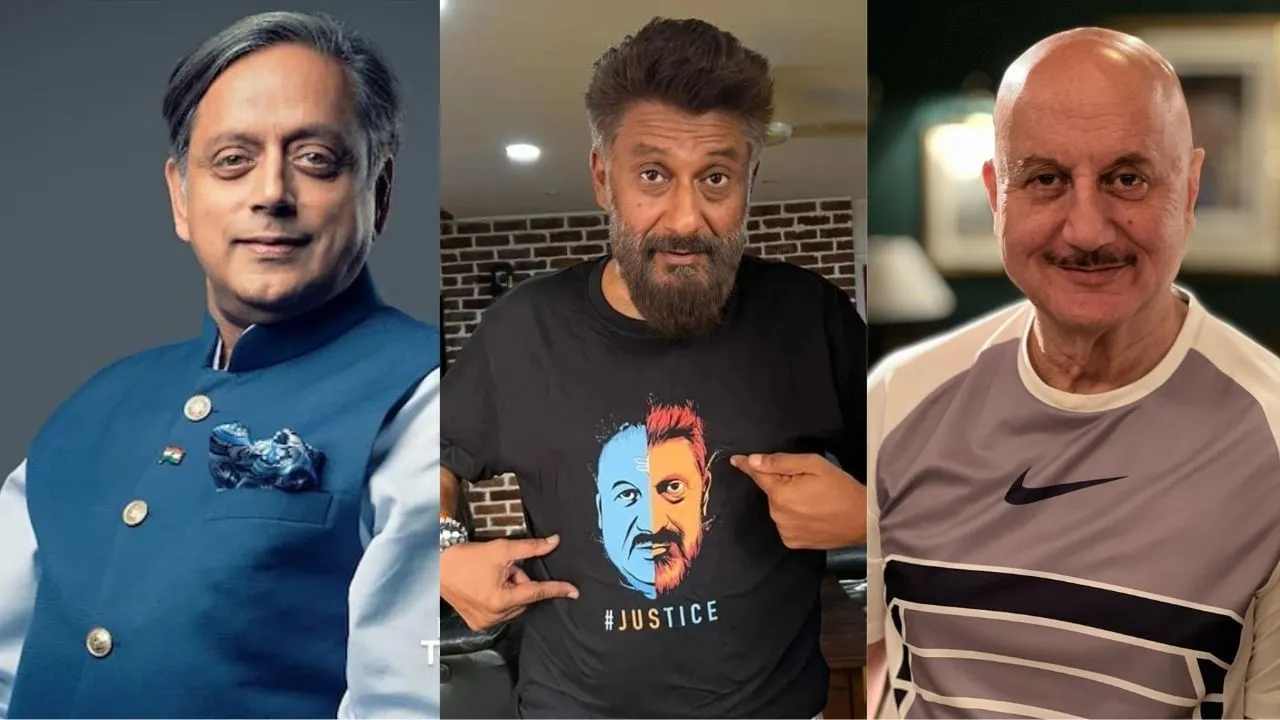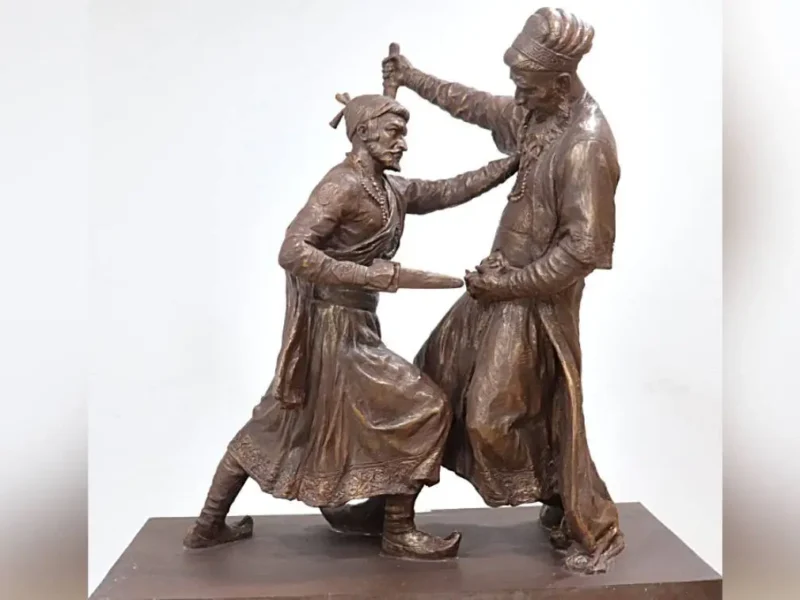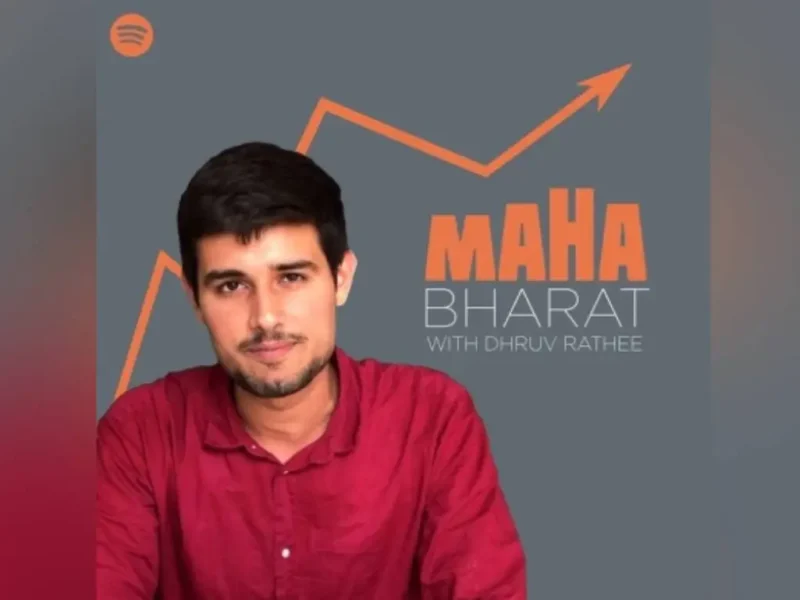
Dragging my Late Wife Unwarranted, Contemptible: Tharoor to Vivek Agnihotri, Anupam Kher
NEW DELHI, INDIA (ANI) -After a war of words with filmmaker Vivek Agnihotri on Twitter about ‘The Kashmir Files’ movie, Member of Parliament Shashi Tharoor on May 10 said that he never “mocked” or “disparaged” the sufferings of Kashmiri Pandits and added that dragging his late wife Sunanda into this matter was “unwarranted” and “contemptible”.
The row started after Tharoor tweeted a media report “Film promoted by India’s ruling party, #KashmirFiles, banned in Singapore.”
Reacting to Tharoor’s tweet, Agnihotri said, “Dear fopdoodle, gnashnab @ShashiTharoor, FYI, Singapore is most regressive censor in the world. It even banned The Last Temptations of Jesus Christ (ask your madam) Even a romantic film called #TheLeelaHotelFiles will be banned. Pl stop making fun of Kashmiri Hindu Genocide,” the filmmaker tweeted.
Targeting the Member of Parliament further, Agnihotri tweeted, “Hey @ShashiTharoor, is this true that Late Sunanda Pushkar was a Kashmiri Hindu? Is the enclosed SS true? If yes, then in Hindu tradition, to respect the dead, you must delete your tweet and apologies to her soul.”
Anupam Kher, who acted in the film also joined Agnihotri to attack Tharoor.
“Dear @ShashiTharoor! Your callousness towards #KashmiriHindus genocide is tragic. If nothing else at least for #Sunanda’s sake who was a Kashmiri herself, you should show some sensitivity towards #KashmiriPandits & not feel victorious about a country banning #TheKashmirFiles!” Anupam Kher tweeted.
Tharoor roared back, “I tweeted a factual news item this morning, with no comment on its contents or on the film “The Kashmir Files”, which I have not seen. At no point did I “mock” or disparage the sufferings of Kashmiri Pandits, of whose plight I am intimately aware, and to which I have repeatedly drawn attention over the years.”
“Dragging my late wife Sunanda into this matter was unwarranted and contemptible. No one is more aware of her views than I am. I have accompanied her to the destroyed ruins of her ancestral home in Bomai, near Sopore, and joined her in conversations with her Kashmiri neighbors and friends, both Muslim and Hindu. One thing I know, unlike those attempting to exploit her when she is not around to speak for herself: She believed in reconciliation, not hate.”




